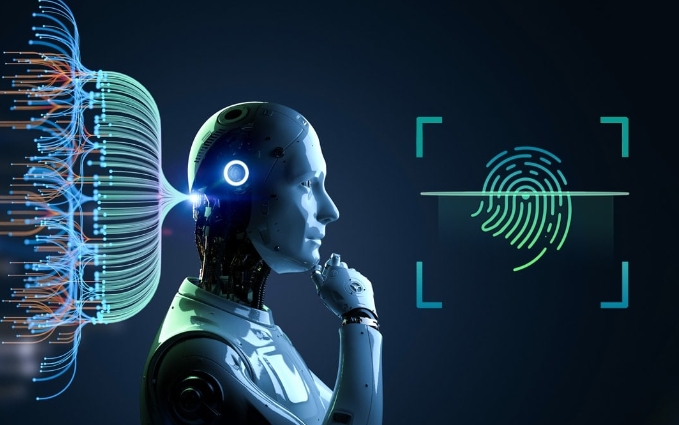Artificial: Exploring the Impact of Technology on Our Lives
In today’s fast-paced world, “artificial” often refers to technologies that are reshaping our lives, from artificial intelligence to synthetic materials. Understanding these advancements is essential, as they influence everything from our daily routines to the broader implications on society. This article delves into some pivotal areas where the concept of artificial is transforming the landscape.
The Rise of Artificial Intelligence
Artificial intelligence (AI) represents one of the most exciting developments in technology. From chatbots that assist customers to algorithms that recommend movies, AI is increasingly integrated into various facets of our lives. It’s not just about automation; AI systems analyze massive amounts of data, providing insights that can enhance decision-making in fields like medicine, finance, and even agriculture. As we embrace these tools, it’s vital to consider their ethical implications, ensuring that AI serves humanity rather than the other way around.
Synthetic Materials: A Revolution in Everyday Products
Synthetic materials have revolutionized industries, enabling the creation of products that are often more durable and efficient than their natural counterparts. From lightweight plastics to advanced composites used in aerospace, these materials have significantly improved functionality and design. However, the rise of synthetic materials also prompts conversations about sustainability and environmental impact. As we become increasingly aware of plastic waste, there is a growing movement towards developing bioplastics and other eco-friendly alternatives, aiming to balance technological advances with environmental responsibility.
Artificial Creativity: Blurring the Lines Between Human and Machine
Artificial creativity is an intriguing field that explores how machines can produce art, music, and literature. Programs like OpenAI’s GPT-3 can generate text that closely resembles human writing, with some even composing music and painting. This raises interesting questions about authorship and originality: if a machine creates a piece of art, who owns it? As AI continues to evolve, it challenges our understanding of creativity, pushing us to rethink the unique capabilities of the human mind versus those of intelligent machines. This intersection of technology and art may redefine what it means to be creative in the modern world.
In Conclusion
As we navigate through the realm of artificial technologies, it becomes increasingly important to stay informed and engage in discussions about their implications. Whether it’s exploring the capabilities of AI, the impact of synthetic materials, or the rise of artificial creativity, understanding these subjects equips us to make informed decisions for our future. For those interested in diving deeper, consider exploring more on these topics or participating in community discussions to broaden your perspective. The journey into the world of the artificial is just beginning!

